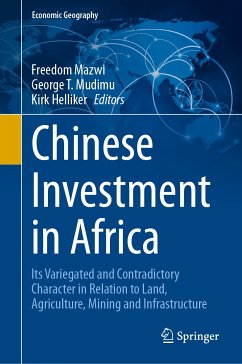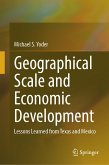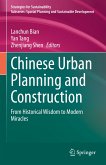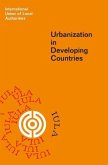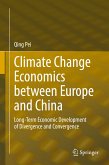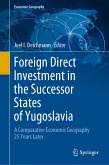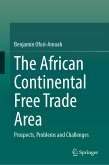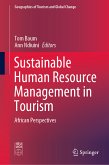This edited volume systematically interrogates the Chinese investment presence in Africa, focusing on land and agriculture, mining and other infrastructural projects. In doing so, the form and extent of Chinese debt will be brought into perspective, with comparisons made to investments in Africa emanating from metropolitan capitalism. The volume examines the development potential of these investments by focusing on the labour regimes created and the effects of investments on the land-based agricultural livelihoods of the African peasantry. This entails the use of a political economy approach which incorporates the state, international actors and local communities into the analysis, with gender dynamics also of great significance. Overall, the contributions in this volume focus on an array of African nations (with a specific focus on Zimbabwe) and they deploy a large wealth of primary field-based data collected over a number of years by established and emerging scholars living and working on the continent.
Dieser Download kann aus rechtlichen Gründen nur mit Rechnungsadresse in A, B, BG, CY, CZ, D, DK, EW, E, FIN, F, GR, HR, H, IRL, I, LT, L, LR, M, NL, PL, P, R, S, SLO, SK ausgeliefert werden.

